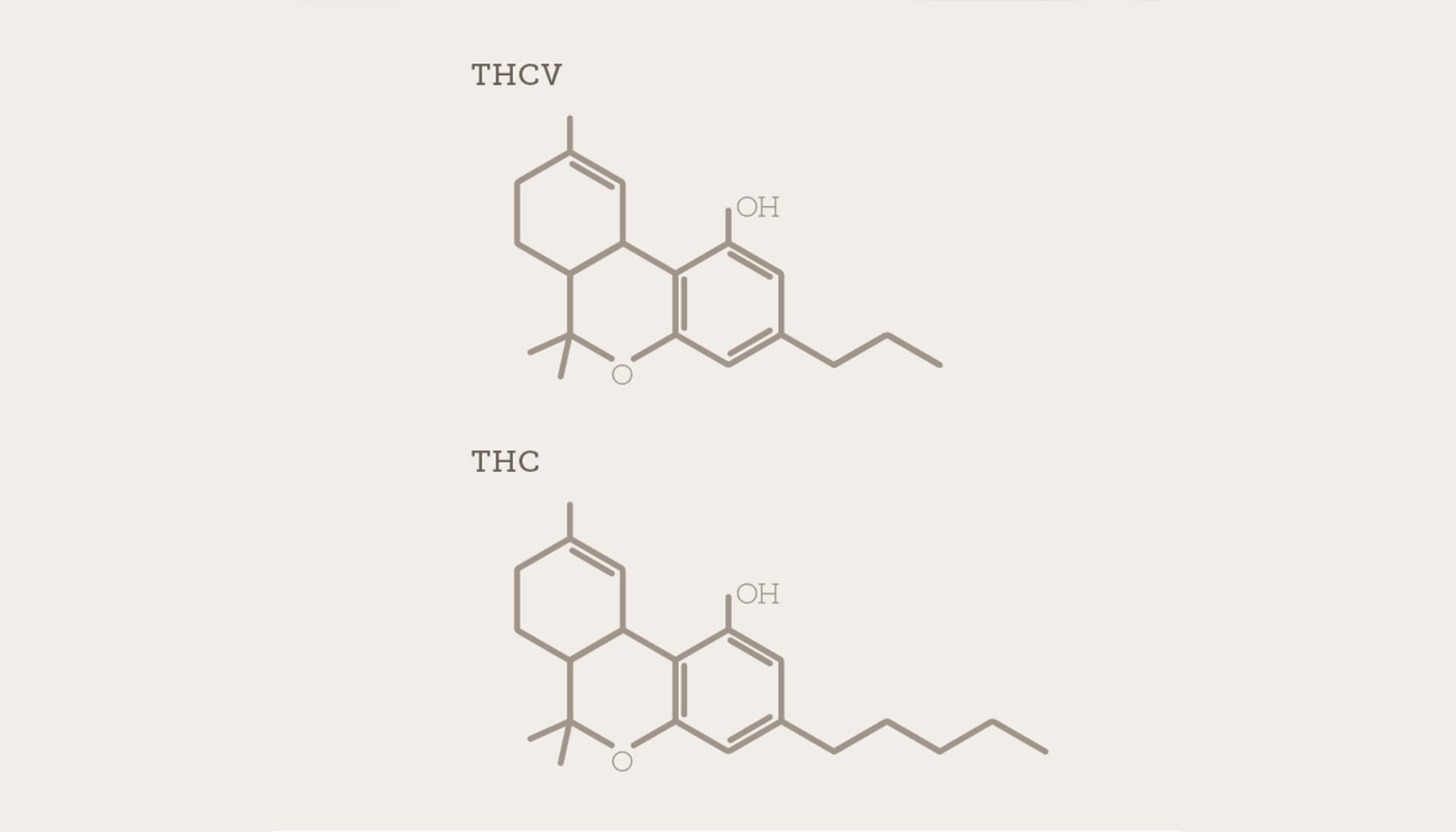Tetrahydrocannabivarin (THCV) is a cannabinoid substance discovered in marijuana and hemp plants. It's chemically comparable to tetrahydrocannabinol (THC) but with some key differences. Here's whatever you require to understand about THCV consisting of the dangers, advantages, distinctions, and similarities with other forms of THC and more. What Is THCV? THCV is a less common cannabinoid found in some pressures of marijuana, particularly African sativa.
 THCV vs THC: What Are the Differences? Articles Analytical Cannabis
THCV vs THC: What Are the Differences? Articles Analytical Cannabis
 THCV - Cresco Labs
THCV - Cresco Labs
 What is THCV and what are the benefits of this cannabinoid? Leafly
What is THCV and what are the benefits of this cannabinoid? Leafly
THCV has a 3-carbon side chain instead of THC's 5-carbon side chain. This distinction is subtle, however it has a noticeable influence on the impact profile. THCV is somewhat psychedelic however only about and about. What Does THCV Seem like? THCV has a strong energy-boosting part to it, that makes it particularly popular among students and athletes.
In the United States, THCV policy is nuanced. THCV is not a Schedule I Drug, however marijuana extracts are making it somewhat uncertain what the federal position is on THCV. The 2018 Farm Bill mentions that hemp plants and all derivatives of the plants are legal on a federal level, a lot of business follow this law and still offer THCV to consumers by just drawing out the substance from hemp plants.
If THCV is considered a THC analog, it could be controlled in the future by the very same rules as THC under the Federal Analog Act. This act states that any compound that shares a comparable molecular profile as a recognized forbidden compound it's included in the same drug Arrange category.
What Are the Results of THCV? Proponents of THCV report that it produces an extreme burst of energy and makes them feel blissful without the mental cloudiness caused by THC. The effects are extremely moderate compared to THC. The impacts are almost solely cognitive yet somehow have very little effect on headspace.
2. THCV & Hunger Some THCV users declare that it curbs their appetite. This is a typical result of other focus-enhancing substances as well. It's as though THCV gets rid of the interruption of other physical procedures (like hunger) in order to maintain resources and attention to cognitive jobs instead. How Does THCV Work? Cannabinoids produce biological results in the body by communicating with endocannabinoid receptors.
CB1 receptors are situated in the worried system and interact with neurotransmitters in the brain to produce mind-altering results. Interaction with CB1 sites is what gives some cannabinoids like THC their psychoactivity. THCV is a bit challenging to comprehend because it's mainly a CB1 villain, implying it has the opposite effect as THC.
While researchers are still seeking to comprehend this procedure, it appears THCV has the ability to obstruct the results of CB1 in low dosages and stimulate them in high doses. CB2 receptors are found primarily in the body immune system. THCV is a partial agonist of CB2, but the impacts of this partial activity aren't popular, and it apparently has no discernible influence on THCV users' experience.
As discussed in the previous section, THCV is a CB1 antagonist in low dosages which is the specific opposite result of delta 8 and delta 9 THC. This might suggest that THCV counteracts a few of the psychoactive results of THC. This effect might discuss why individuals who utilize THCV feel so clear-headed particularly compared to the infamous "fogginess" induced by delta 9 THC.